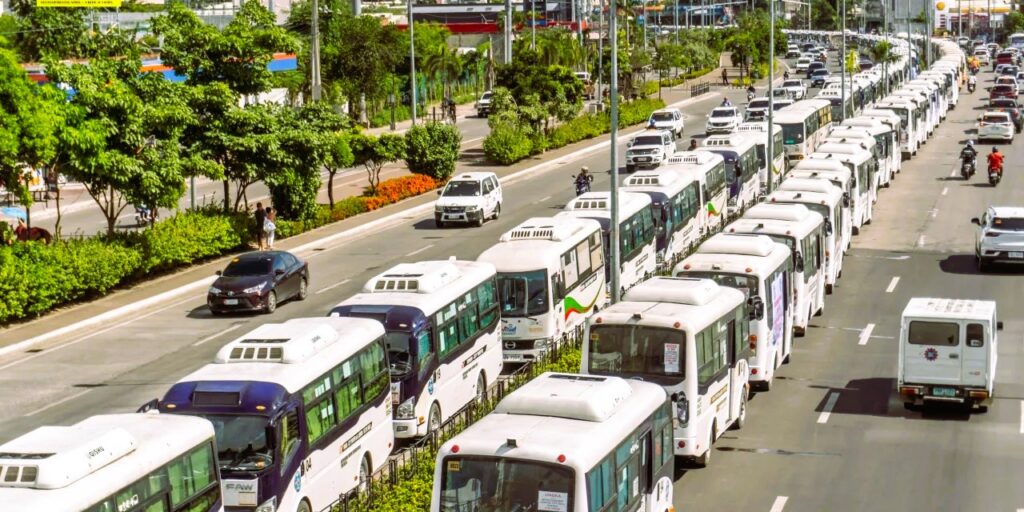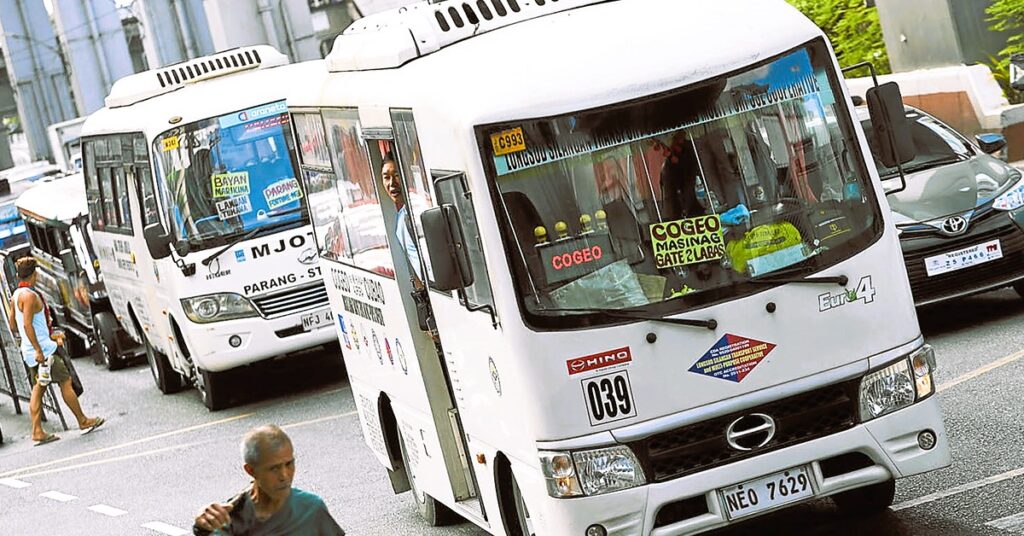The Automotive Body Manufacturers Association of the Philippines (Abmap) has reiterated its strong support for the government’s Public Utility Vehicle Modernization Program (PUVMP), emphasizing its role in providing thousands of jobs to workers in the local manufacturing industry and ensuring a safer, more efficient transport system for commuters.
According to Abmap executive director Edgar Manuel, the PUVMP is not just a vehicle replacement initiative but a comprehensive transport reform program that secures the livelihoods of drivers and operators while also boosting the local economy. “The modernization of PUVs does not only benefit passengers and operators—it sustains jobs for thousands of Filipino workers in the automotive body manufacturing sector,” Manuel stated. “Our member companies provide employment to a wide range of skilled workers, including vehicle body fabricators, engineers, auto mechanics, and office personnel. The success of the modernization program ensures that these workers continue to have stable jobs.”
Abmap pointed out that many transport cooperatives already implementing the program have experienced significant benefits. Leaders of these cooperatives have reported that drivers now receive fixed salaries, social benefits, and even Christmas bonuses—an unprecedented improvement compared to the old “boundary” system.
Edmundo Cadavona, chair of the Pandacan Transport Service Multi-Purpose Cooperative (PTSMPC), highlighted how the PUVMP has provided financial security for drivers and their families. “Drivers now get a fixed salary with overtime pay, plus benefits from SSS, PhilHealth, and Pag-IBIG,” he said. “They even receive 13th-month pay and holiday bonuses, which never happened before.”
Similarly, Ferdinand Lupangosy, chair of the 997 Sandigan Transport Service Cooperative, noted that their 35 modern PUVs provide income for 242 families, including 93 cooperative members, 65 drivers, 65 conductors, and 16 allied workers. “The modernization program ensures that drivers and conductors have a dignified source of livelihood,” Lupangosy stated.
Abmap emphasized that modern PUVs create more jobs beyond drivers and conductors. Most modernized units require additional personnel such as passenger assistance officers, maintenance staff, and mechanics—further expanding employment opportunities in the transport sector.
Aside from economic benefits, Abmap underscored the environmental advantages of the PUVMP. “Modern PUVs comply with the Clean Air Act and Climate Change Act, significantly reducing air pollution and greenhouse gas emissions,” Manuel said. “This is an important step towards sustainable urban mobility.”
Manuel also stressed the importance of fleet management under the modernization program, which ensures a steady and efficient deployment of PUVs. “Unlike the previous boundary system, where drivers had to compete for passengers and often cut trips short, the modern fleet system guarantees organized, round-the-clock operations,” he explained. “Passengers can now enjoy a reliable, comfortable, and safe transport experience.”

Abmap is calling on the public and government stakeholders to listen to the actual operators and drivers who have benefited from the program. “We must push forward with the PUVMP at full force,” Manuel asserted. “The modernization program is a game-changer for the transport sector, and halting it would mean lost opportunities for thousands of workers and commuters alike.”
With the overwhelming support from transport cooperatives, industry stakeholders, and manufacturing firms, Abmap believes that the full implementation of the PUVMP is crucial to achieving a sustainable, job-generating, and commuter-friendly transport system for the Philippines.
